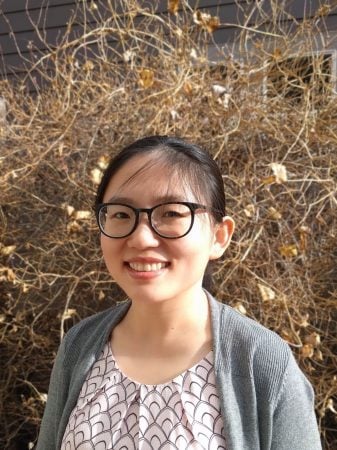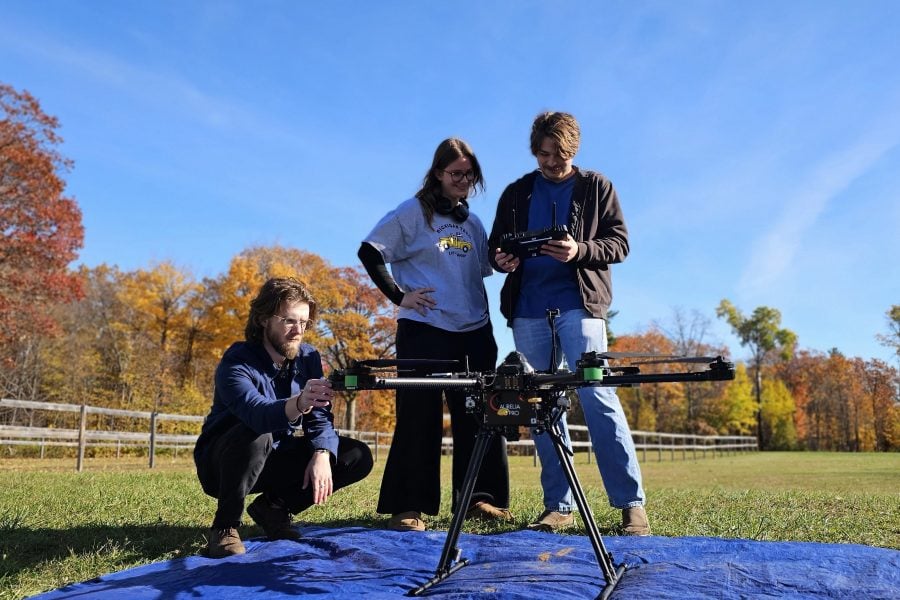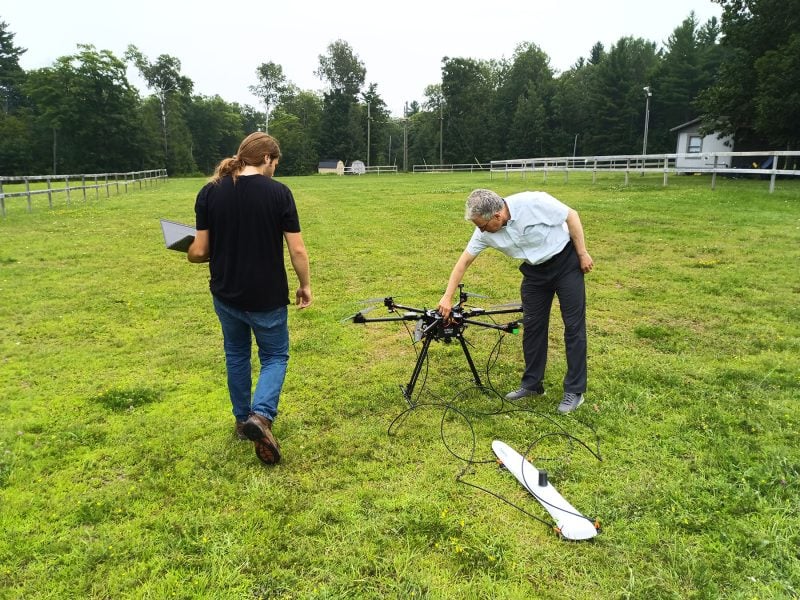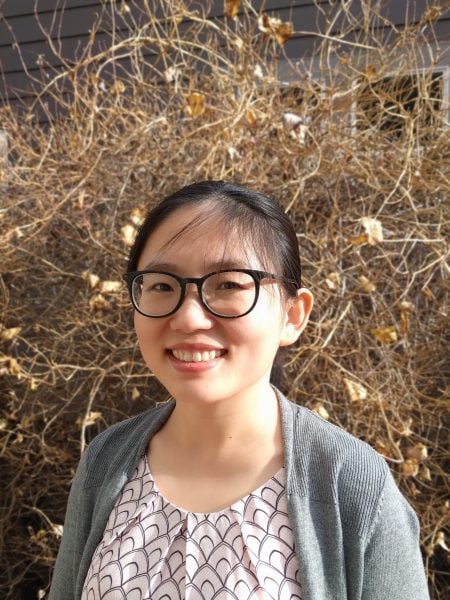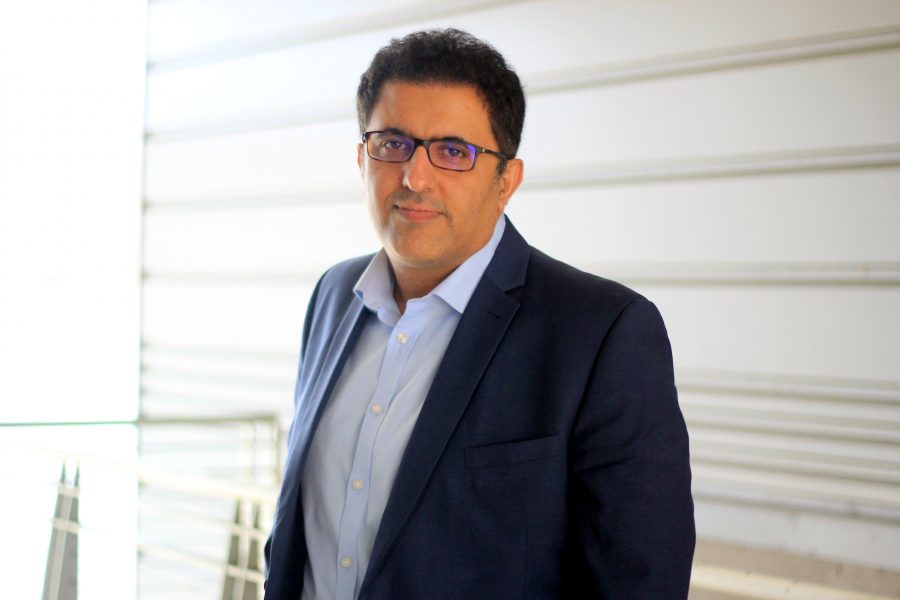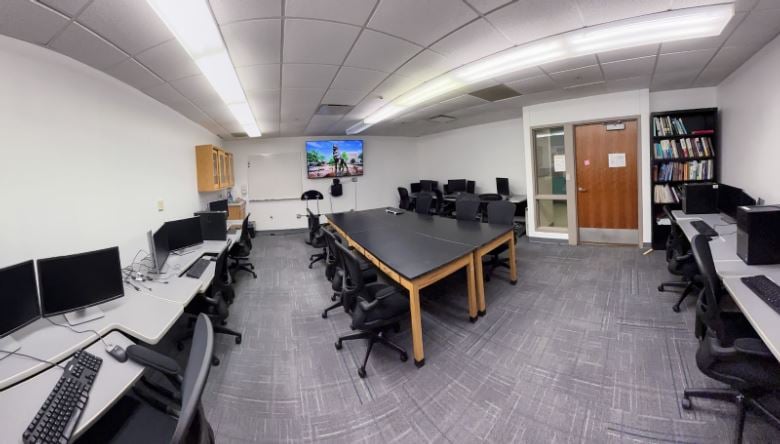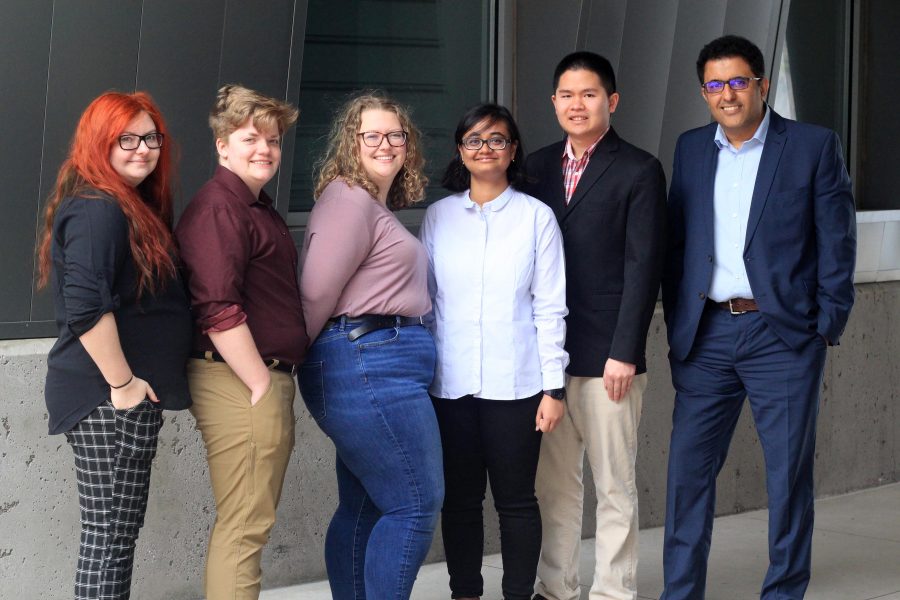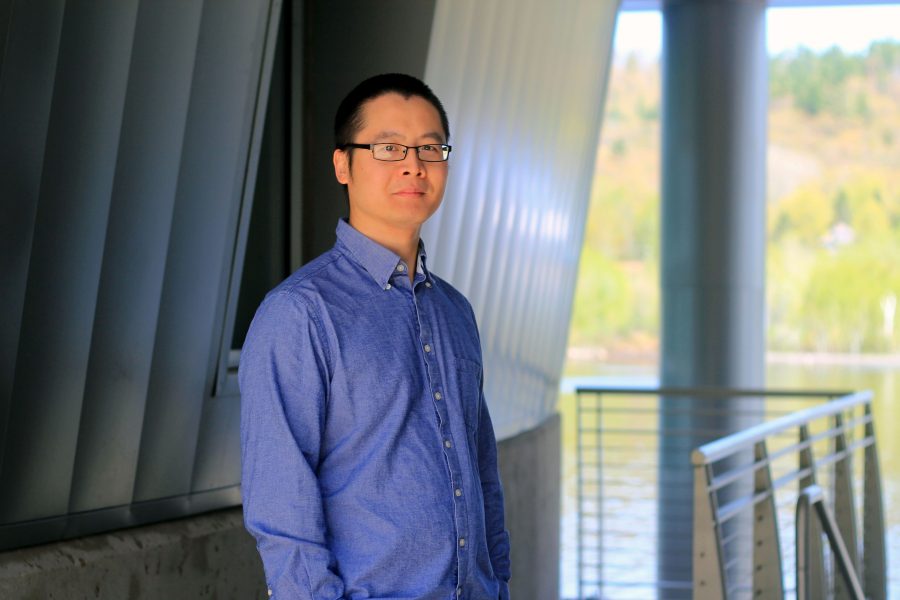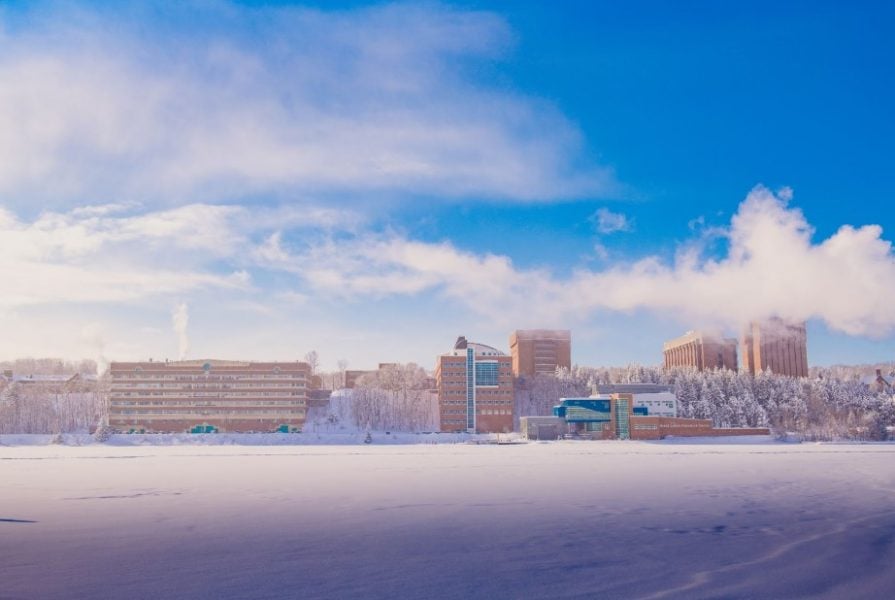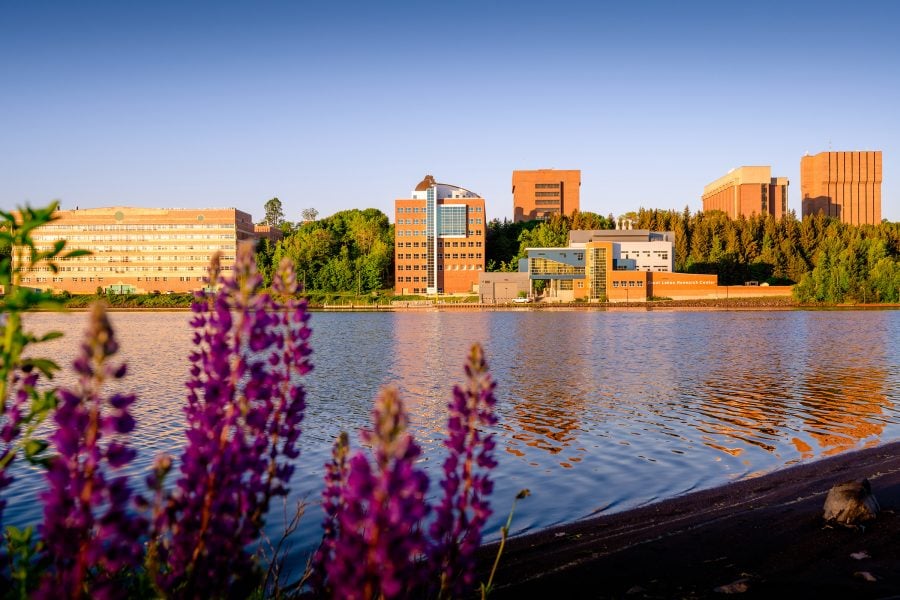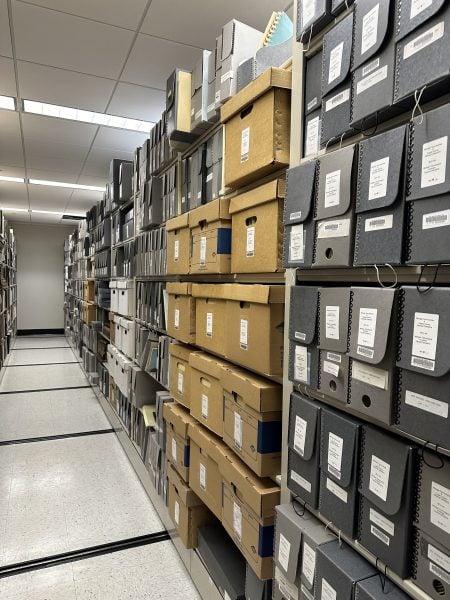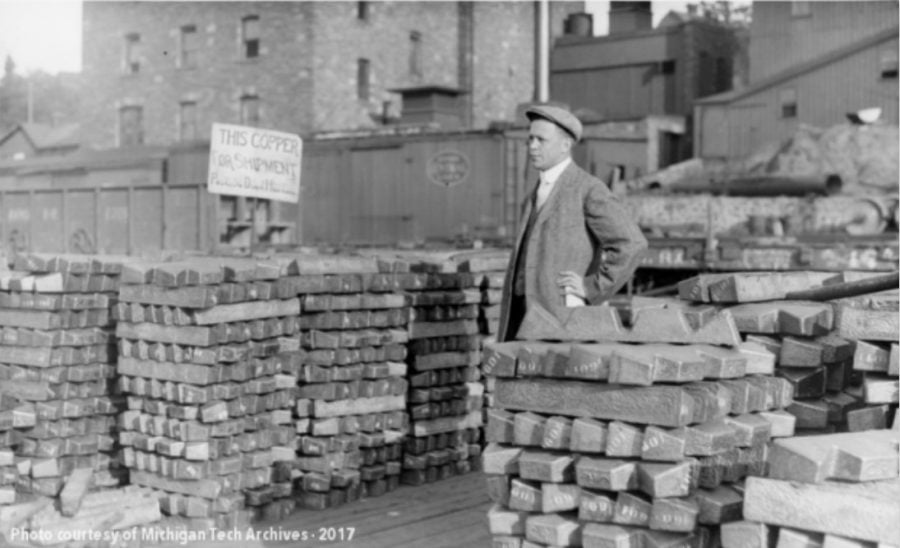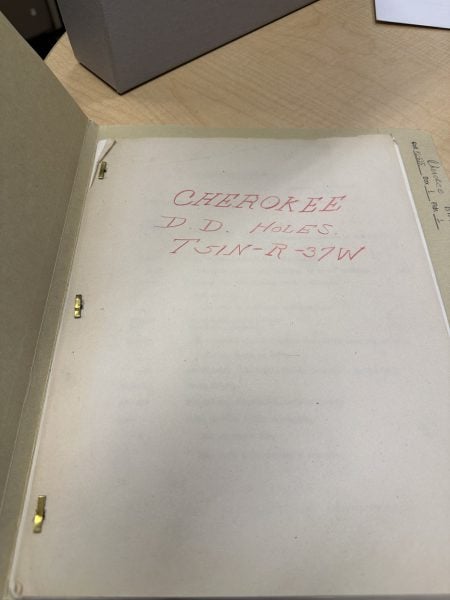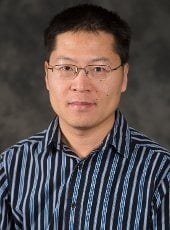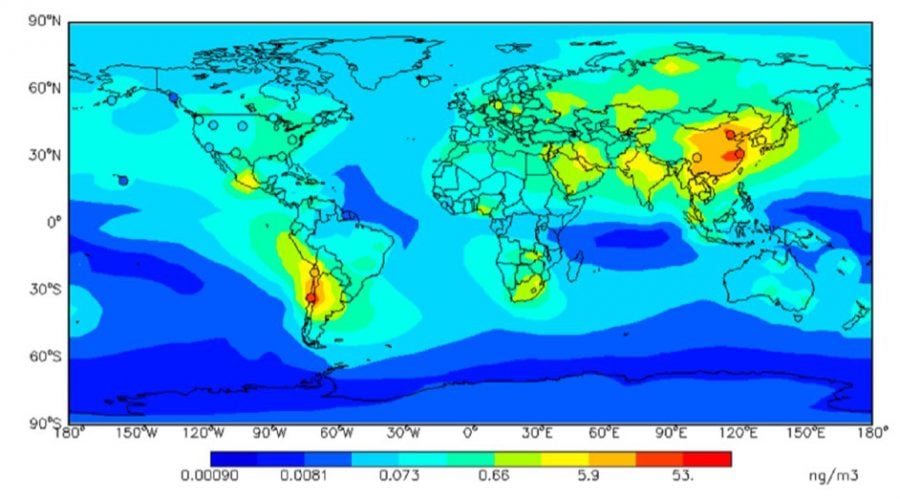Dr. Nathan Manser, Professor of Practice in the Department of Geological and Mining Engineering and Sciences (GMES), has been named the inaugural Richard J. Saccany ’71 Endowed Faculty Fellow in Mining Engineering. His five-year appointment will begin on July 1, 2026. We congratulate Nathan on this well-deserved recognition.
“I am deeply honored and grateful to be selected as a recipient of the Richard J. Saccany ’71 Endowed Faculty Fellow in Mining Engineering,” said Manser.
